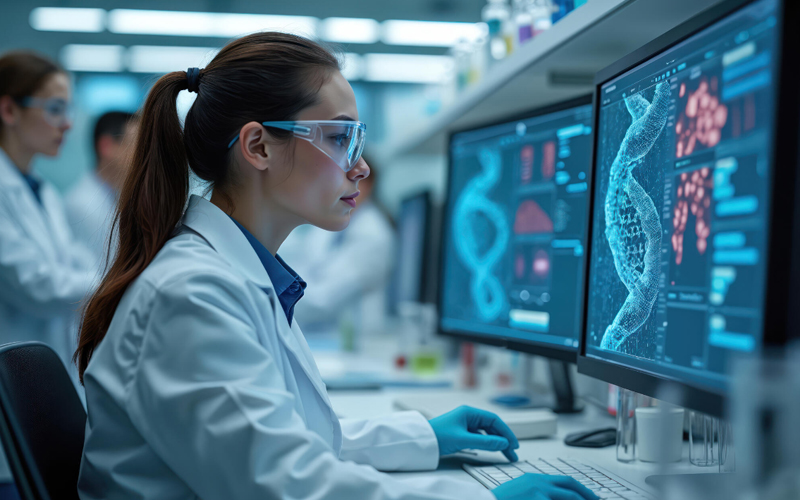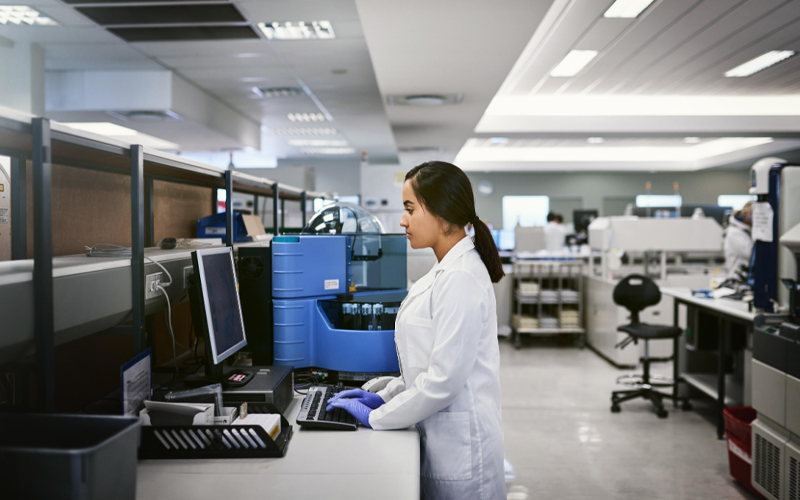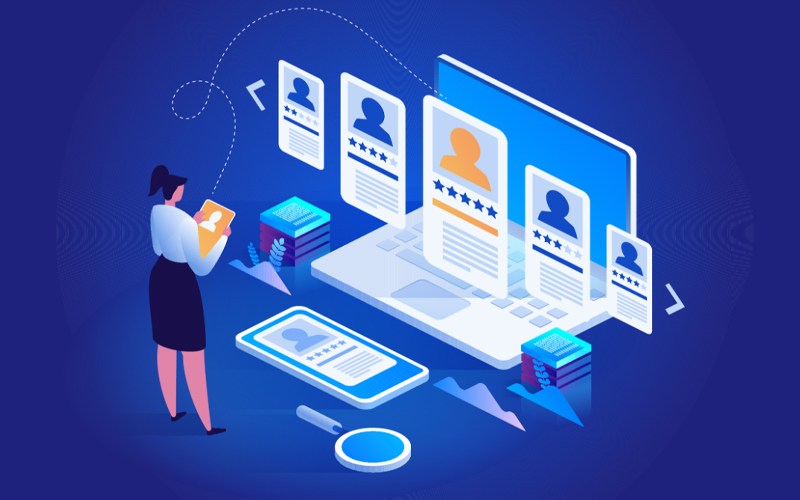Machine learning (ML), a subset of AI, has been applied successfully in a wide variety of industries leading to significant improvements in process efficiency and ultimately the bottom line. Moreover, AI algorithms have exponentially improved in their ability to perceive, learn, and solve problems. With the advent of Large Language Models like ChatGPT 4 and Google Bard, interactive programs, can understand problems stated by the user in context, respond with human-like answers and even provide the reasons that led to the responses. Supervised learning that took significant human and financial resources has been replaced with unsupervised learning in which the AI learns to find patterns in the data autonomously by analysing huge datasets.
AI has increasingly penetrated medical and healthcare as well, including all stages of cardiovascular care. As of January 2023, of the 500 clinical AI algorithms approved by the US Food and Drug Administration, cardiology is second only to radiology.
Diagnosis and treatment
Cardiology these days depends heavily on the effective use of a variety of technologies: electrocardiogram (ECG), echocardiogram, MRI, and CT scans to create 3-D images, and most recently digital AI-powered stethoscopes. The skills needed to interpret the images generated by these devices require a lot of experience; consequently, treatment is expensive and not widely available. This is where machine learning excels: It analyses vast amounts of data, often of poor quality in the case of imaging, and rapidly identifies disease markers. ML systems have been trained to detect plaque buildup in arteries that could lead to ischemic heart disease, subtle abnormalities like a thickened heart wall or a weakened valve, arrhythmias, and several rare genetically caused diseases.
Timely and accurate diagnosis is very often critical to the successful treatment of cardiac events.
Prevention
As Dr Paul Friedman M.D, a renowned cardiologist from the Mayo Clinic states repeatedly, the first event indicating a cardiovascular crisis is often a stroke or a heart attack and successful intervention at that point is very expensive; moreover, the treatment very often cannot prevent death or serious consequences. Meanwhile, markers indicating the problem that led to that event manifest years before that event and if they are identified early, the underlying problem can be addressed immediately, and the negative outcome avoided.
After being trained in oceans of data from many sources, AI systems can predict potential problems long before they may occur; this is sometimes referred to as ‘pre-emptive cardiology’. An AI screening tool developed by Mayo Clinic found evidence of risk in 93% of people tested; in comparison, a long-established test—the mammogram—is only 85% accurate.
Startups are beginning to develop medical devices, like PMCardio (developed by Powerful Medical, a European company), which can take in ECG data from numerous different machines or even scanned ECG records and provide rapid analysis. This kind of technology is even being implemented in smart watches thus making possible early intervention.
AI in Cardiology: Reducing Administrative Burden and Enhancing Patient Care
Many studies have shown that in all fields of healthcare including ai in cardiology, care workers—physicians and critical-care nurses—spend more than 50% of their time on administrative tasks involving paperwork. This is often the main cause of extreme stress and even burnout. AI in cardiology is addressing these issues with many AI-powered apps have now been developed to take over this burden of recording patient contacts, reviewing and summarising the large volume of patient data that is routinely collected, and even taking over the routine monitoring of patient care. Incorporating AI in cardiology greatly increases the amount of time caregivers have, enabling them to interact more with patients.
AI also brings to front-line physicians an immediately accessible tool to assist with diagnosis and develop treatment plans. These user-friendly diagnostic tools will soon be widely available in small hospitals and clinics and help provide advanced healthcare. With the tremendous shortage of skilled physicians and nurses worldwide this makes timely, effective treatment available to many populations and even rural areas.
Wearable remote monitoring devices with embedded sensors will make it possible to monitor many important health parameters in real-time leading to effective prevention; this greatly reduces the spiralling cost of healthcare. This becomes especially important given the worldwide trend of ageing populations who require extensive monitoring and treatment.
Final Thoughts on AI in Cardiology
As many specialists have pointed out, AI augments the effectiveness of expert physicians and does not replace them. Ultimately critical decisions have to be made in ambiguous circumstances, which require the depth and flexibility of human decision-making. But with the introduction of applications such as ChatGPT 4 and Bard, the power of AI to assist in cardiology and healthcare in general is growing exponentially day by day.







